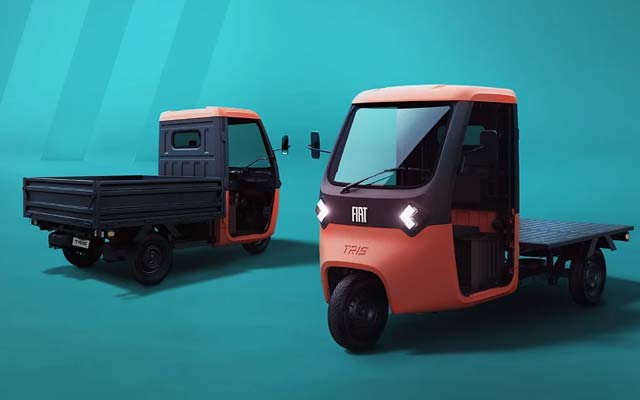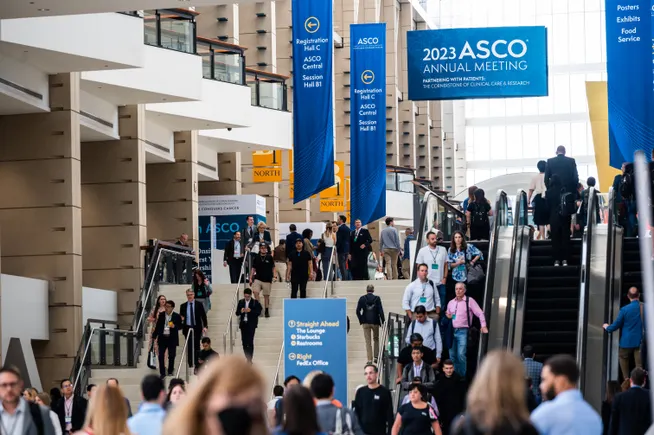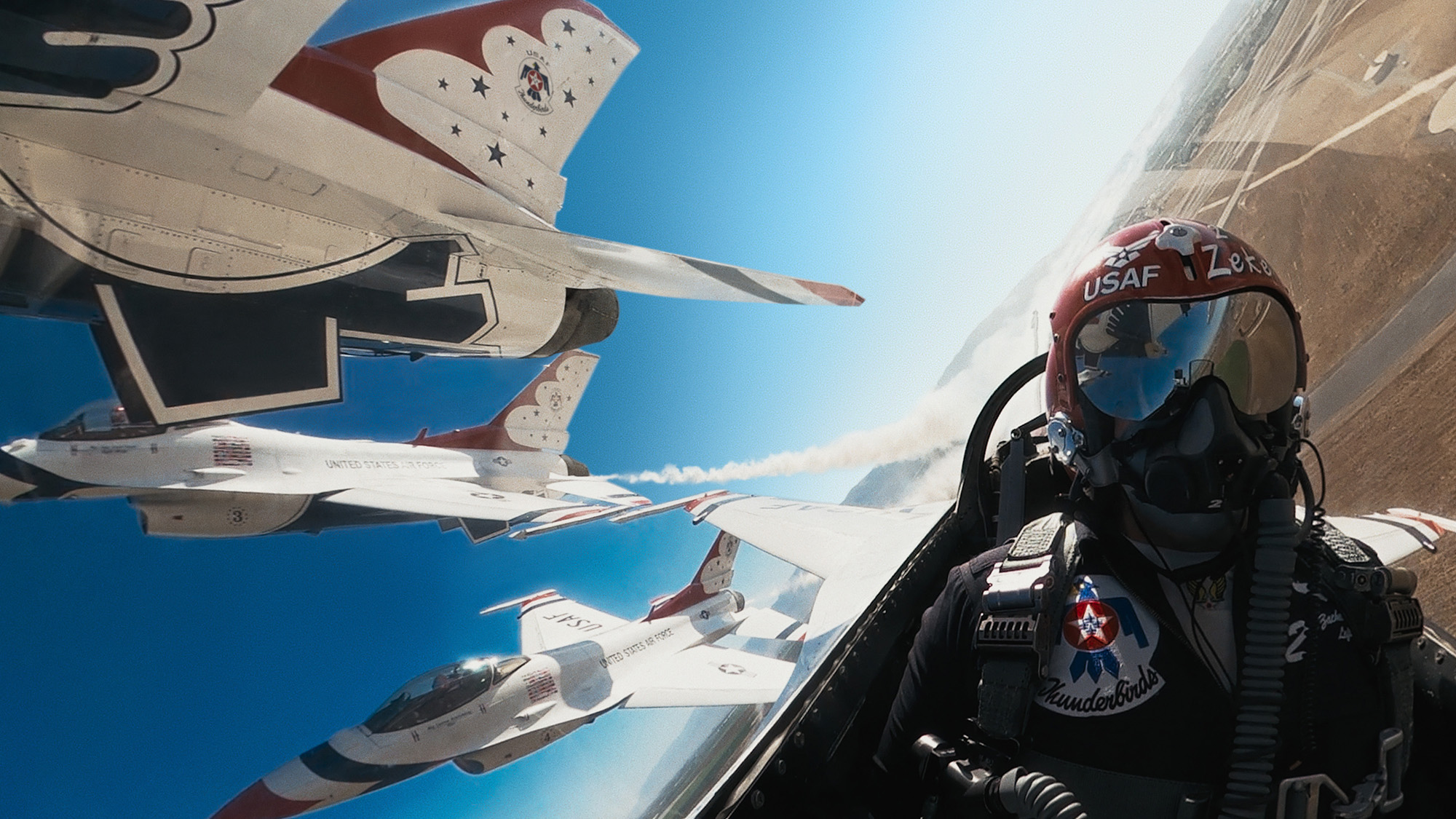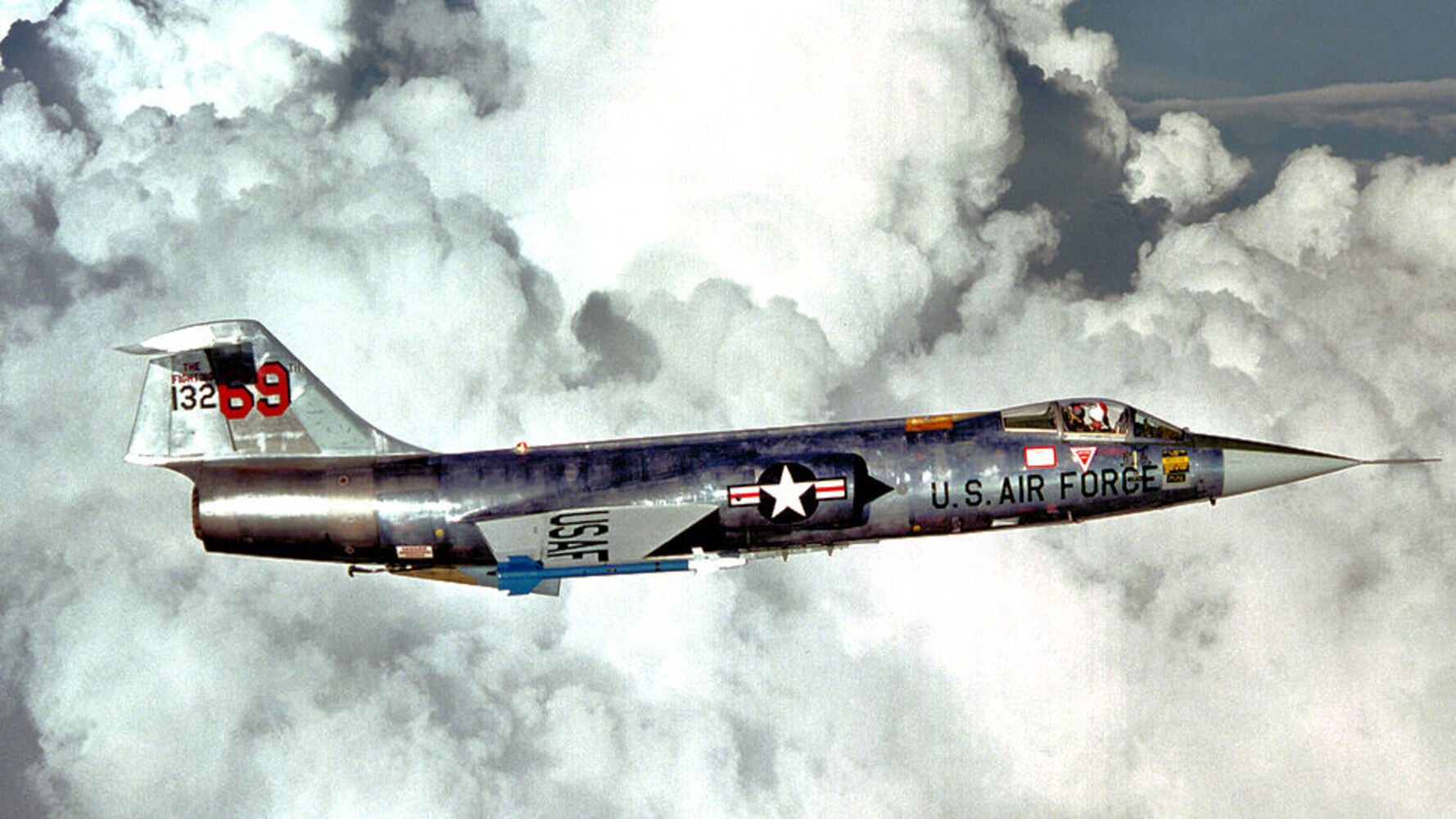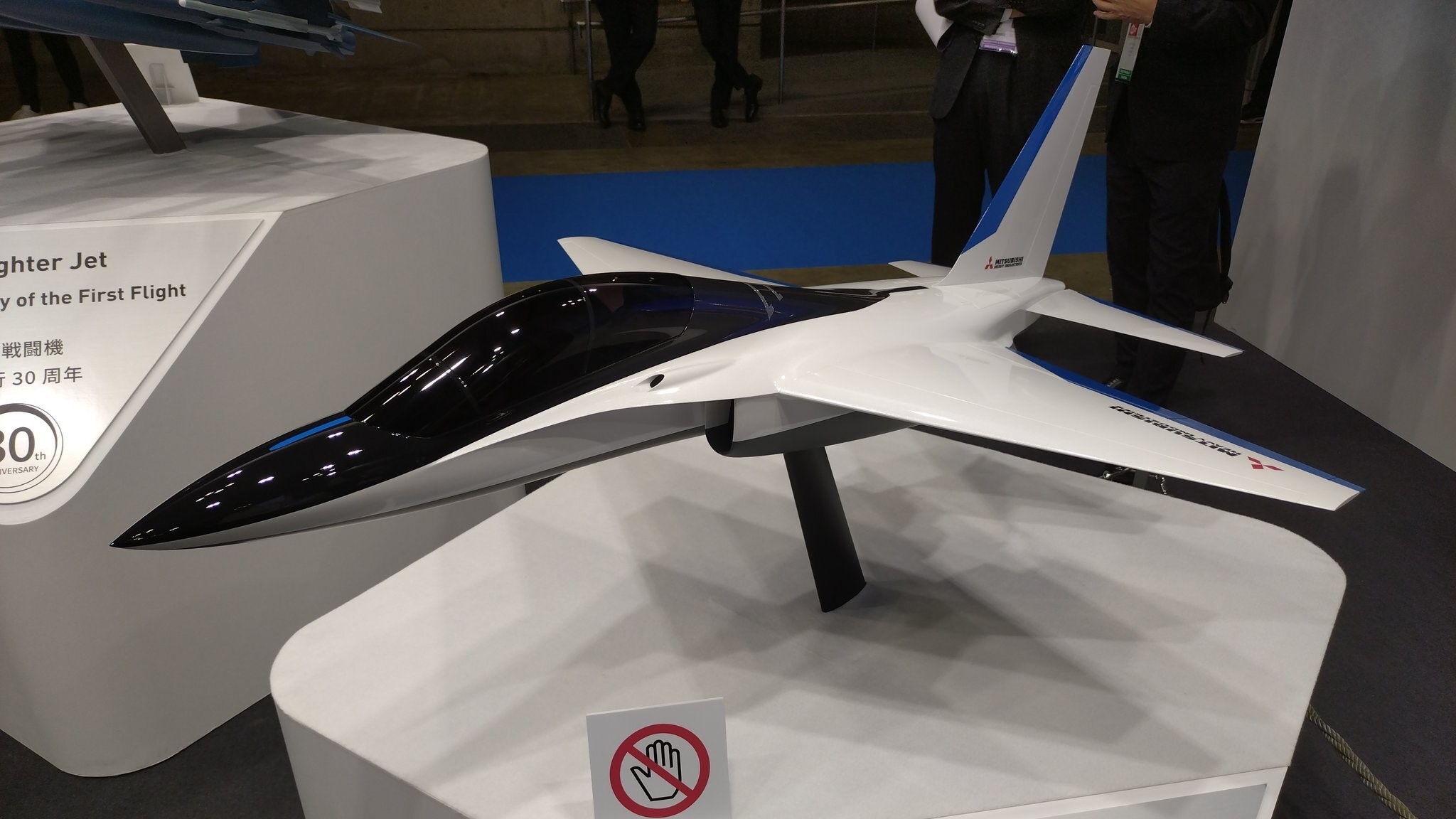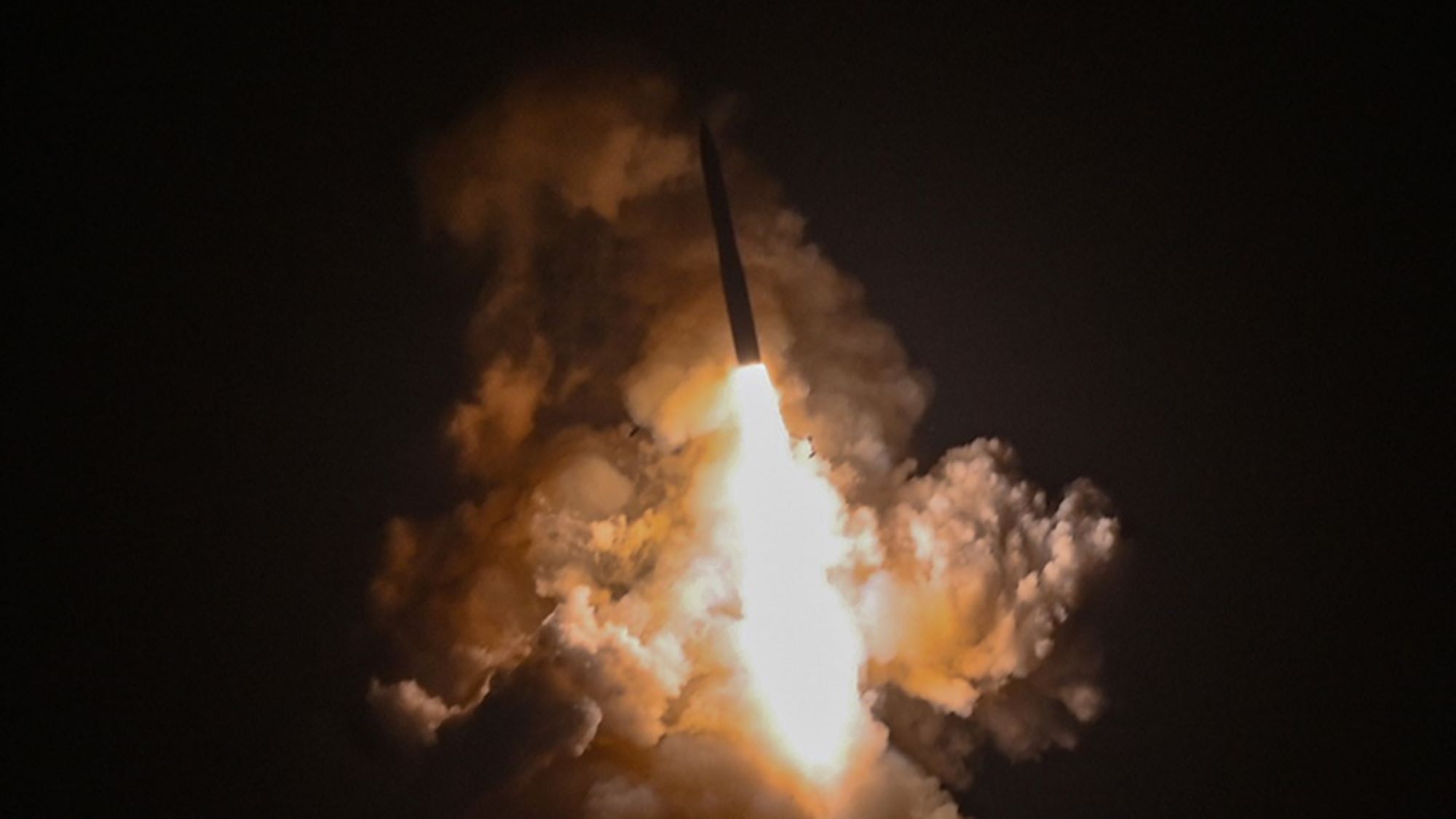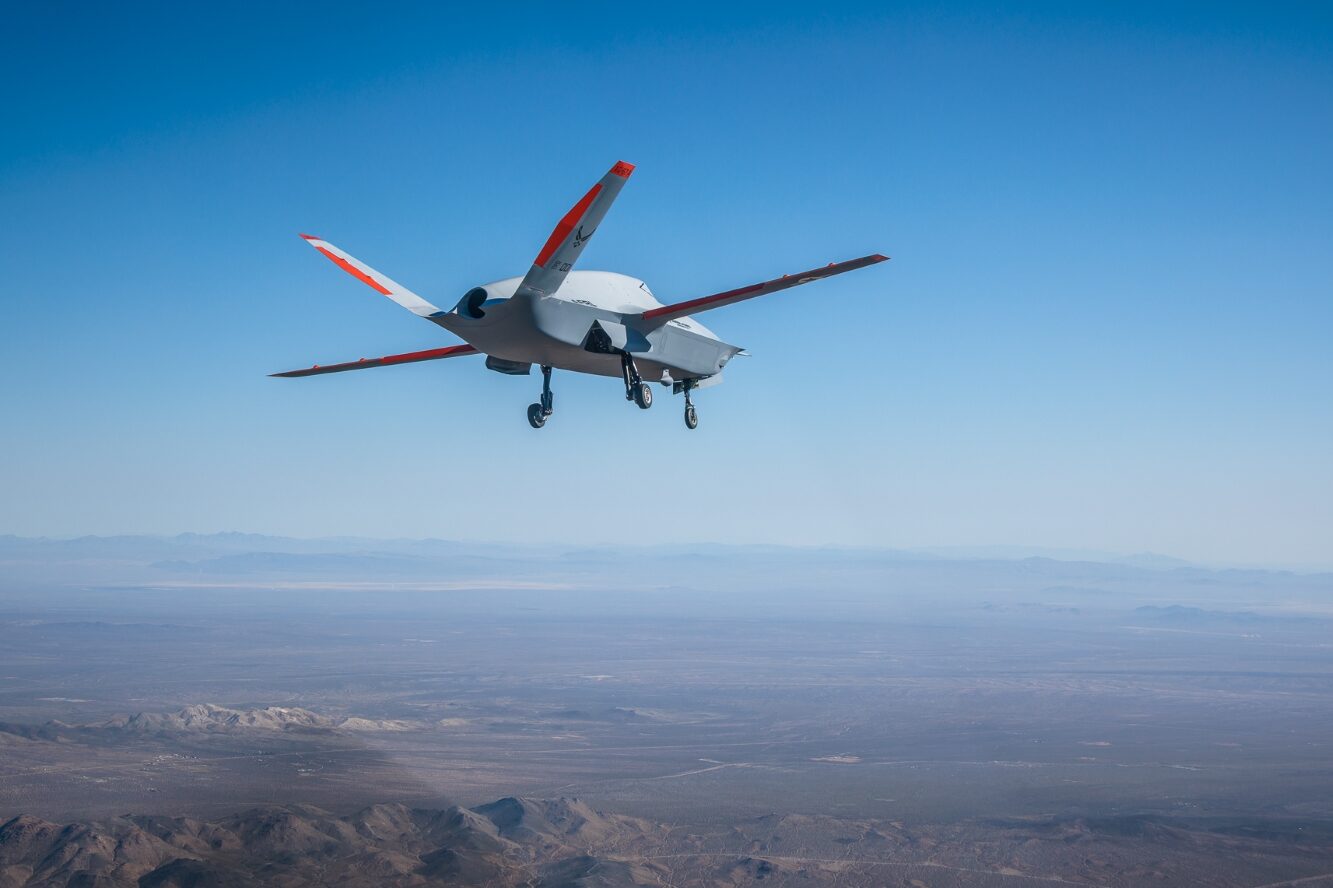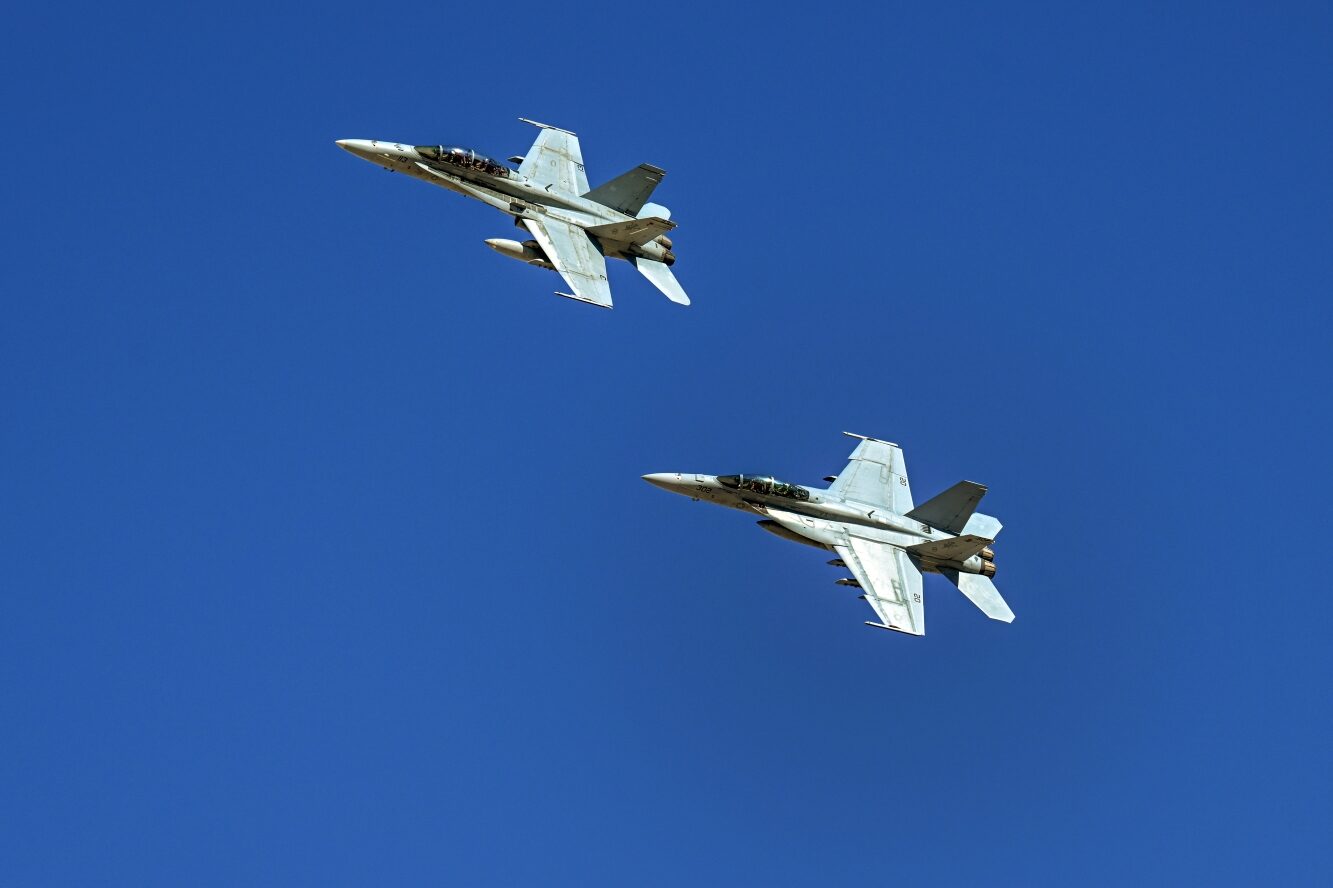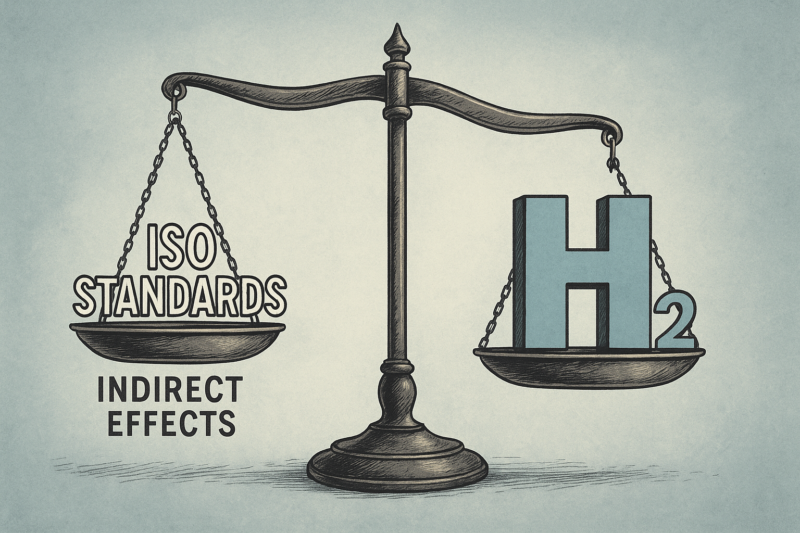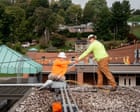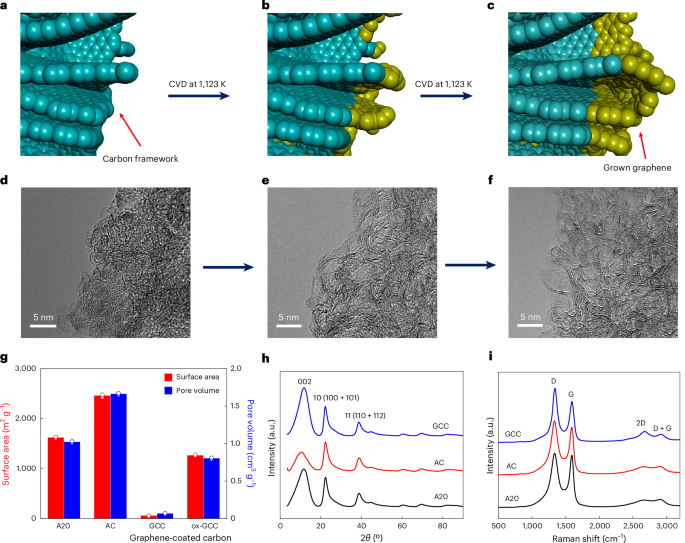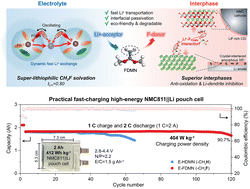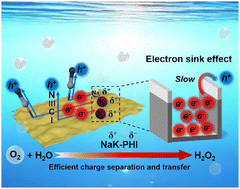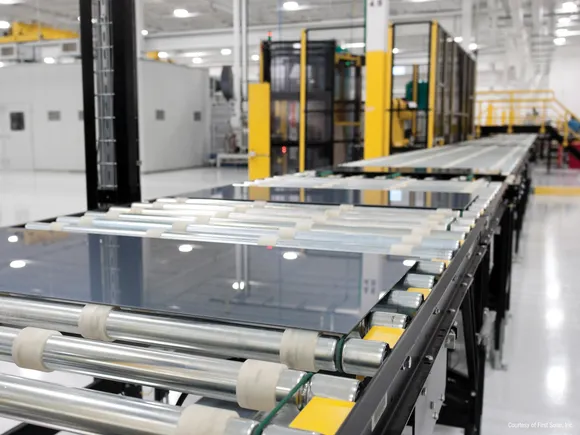Japanese firms view GCAP as opportunity to develop skills, international supply chain
Execs and officials hope that GCAP can open doors for Japan’s defense industrial base to expand.
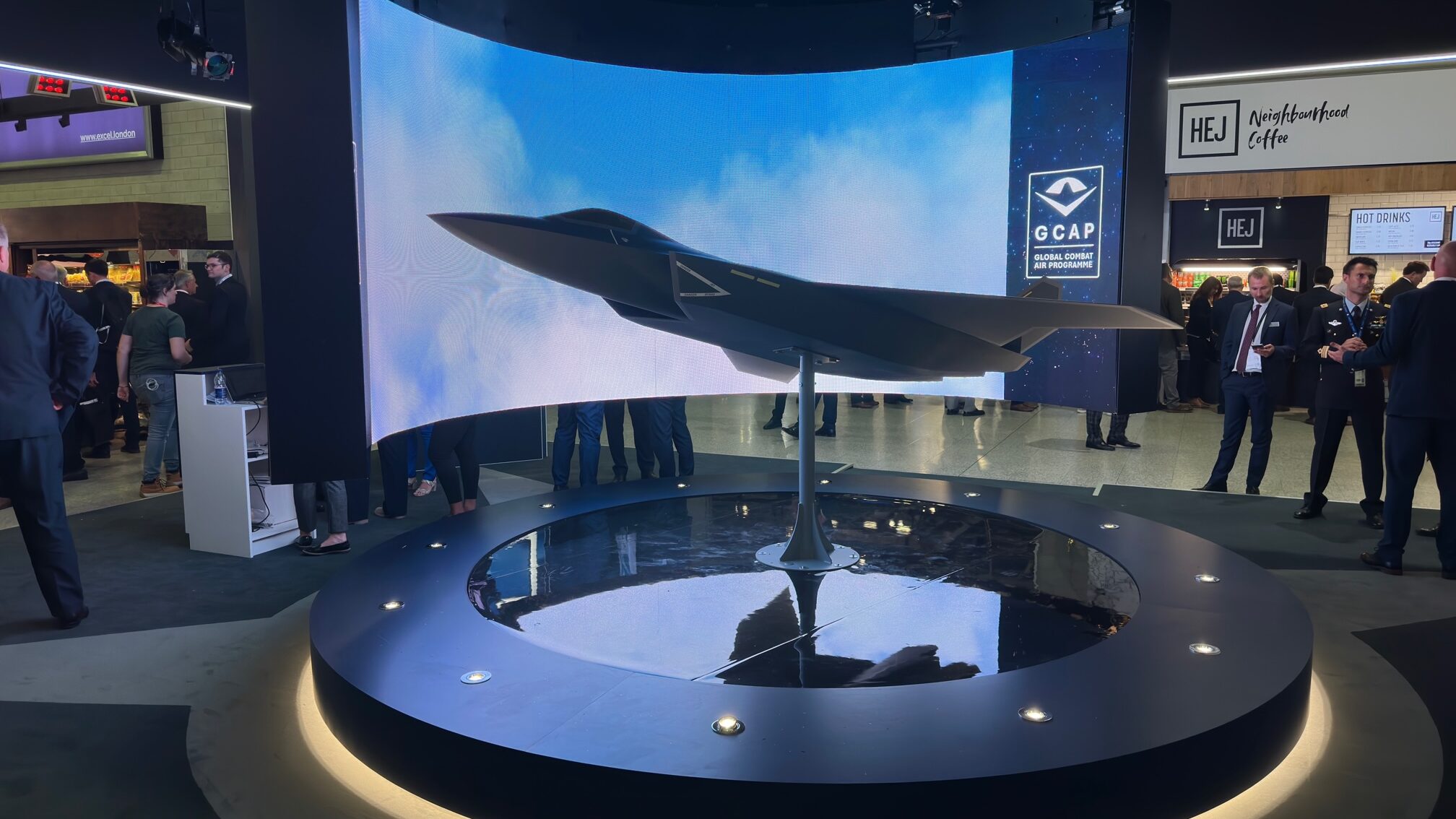

A Global Combat Air Programme(GCAP) core vehicle concept on display at DSEI, London (Breaking Defense)
DSEI JAPAN — By joining with Italy and the United Kingdom on the multinational Global Combat Air Programme (GCAP) next-gen combat aircraft program, Japan’s defense industry has a chance to greatly expand and develop its knowledge base and skills, according to officials and executives speaking in Tokyo this week.
And, according to Kimito Nakae, the President of the Japan Aircraft Industrial Enhancement Company (JAIEC), it will also enable the participating countries’ respective companies to pursue international opportunities to develop supply chains for future Japanese endeavors. His comments came alongside officials tied into GCAP during a Thursday panel at DSEI Japan.
JAIEC is the company tasked with supporting Japan’s contribution to GCAP and strengthening its domestic aerospace industry by developing its domestic supply chains. It is owned jointly by Mitsubishi Heavy Industries (MHI), which is the prime contractor in Japan for the program, and the Society of Japanese Aerospace Companies (SJAC) that represents the interests some 130 companies that form the Japanese aerospace industry.
Among the other members of the panel discussion was Phil Brooker, the Program and Technical Director of the GCAP International Government Organisation (GIGO) that responsible for managing the development of the aircraft.
He said that the setting of a supply chain is vital for delivering a capability across both the Euro-Atlantic and Indo-Pacific theaters, noting, “Our top priority is establishing a robust, flexible and secure supply chain capable of supporting the platform’s readiness but with built-in redundancy to mitigate risk and sustain operations even in challenging environments of unexpected conditions.”
The panel discussion was chaired by Tomohiro Kawada, the director for GCAP at Japan’s Acquisition, Technology & Logistics Agency (ATLA). The agency is part of Japan’s Ministry of Defence and is responsible for overseeing defense-related R&D and acquisitions programs.
Kawada noted that with 30 years having elapsed since Japan developed the Mitsubishi F-2, a lot of its skills base in fighter development has been lost.
He also said that another challenge that Japan will have to overcome is the loss of domestic suppliers in its defense industry, with several having left the defense sector to focus on the commercial market.
Nevertheless, ATLA has been conducting R&D in fighter technologies since 2010 in the lead up to Japan’s efforts to design a next-generation fighter, which has enabled it to build up expertise in combat aircraft design prior to it joining GCAP.
“Through these efforts, ATLA hopes to maintain and strengthen the foundation of Japan’s defense industry,” he added.





























